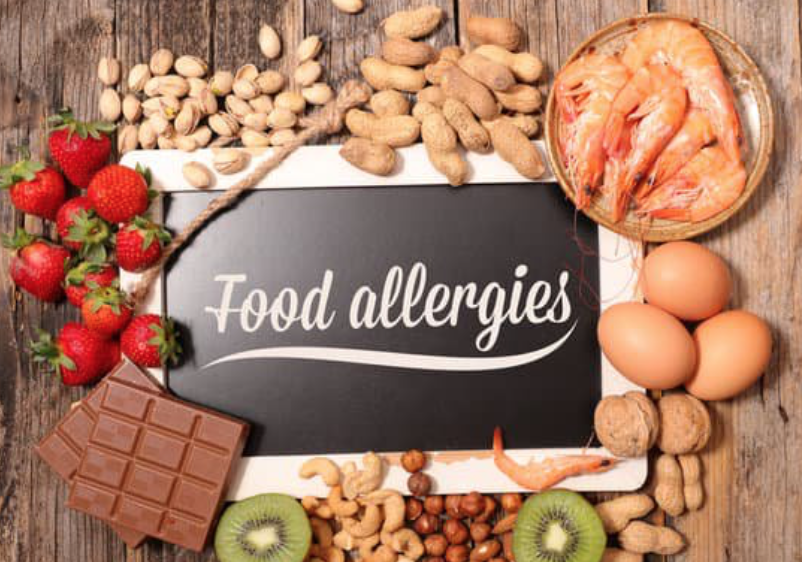It is back to school season and with that comes big responsibilities getting your student ready for the year ahead. For those with food allergies, preparing for the fall season means going the extra mile to have a safe and healthy school year. To do this, knowing exactly what foods your child is allergic to is a must and having an emergency plan is a necessity. Before the school year starts, it is crucial to have a one-on-one conversation with your child’s teacher (and school nurse if possible) regarding all food allergies and reactions your child may have. Teachers can help prevent a food allergy reaction in the classroom by following these tips:
− Keep food outside of the classroom. If this is not possible, all food should be handled with caution to assure safety.
− Have an allergy-free lunch table so that students with food allergies can feel comfortable while being in the same room with different types of foods.
− Encourage hand washing by all students and staff before and after handling or consuming any type of food.
It is also important for your child’s teacher to understand the symptoms of a food allergy reaction. Reviewing these signs will help the teacher recognize when a reaction occurs and the severity.
Mild to moderate symptoms of a food allergy may include one or more of the following:
− Redness of the skin, particularly around the mouth or eyes
− Hives (reddish, swollen, itchy areas around the mouth)
− Itchy mouth or ear canal
− Nausea or vomiting
− Diarrhea
− Stomach pain
− Nasal congestion or a runny nose
− Sneezing
− Dry Cough
− Odd taste in
Severe symptoms may include one or more of the following:
− Swelling of the lips, tongue, and/or throat that blocks breathing
− Trouble swallowing
− Shortness of breath
−
− Loss of consciousness
− Chest pain
− Turning blue
− Sense of impending doom
Having a Food Allergy & Anaphylaxis Emergency Care Plan on file will help school staff know exactly what steps to take depending on the severity of the reaction. Mild to moderate symptoms are often treated with antihistamines and monitoring that symptom severity is not increasing.
Severe symptoms may be a sign of the life-threatening condition known as anaphylaxis. This type of reaction requires immediate treatment with
The only way to know if your child has a food allergy is to visit a board-certified allergist. Proper diagnosis of a food allergy or food intolerance is the first step to managing this condition. Schedule an appointment this summer with one of AllergySA’s experienced medical staff by calling 210-616-0882 and allow us to assist you in detecting any allergies your child may be suffering from.
Share this entry
-
Share on Facebook
Share on Facebook
-
Share on Twitter
Share on Twitter
-
Share on WhatsApp
Share on WhatsApp
-
Share on Pinterest
Share on Pinterest
-
Share on LinkedIn
Share on LinkedIn
-
Share on Tumblr
Share on Tumblr
-
Share on Vk
Share on Vk
-
Share on Reddit
Share on Reddit
-
Share by Mail
Share by Mail



